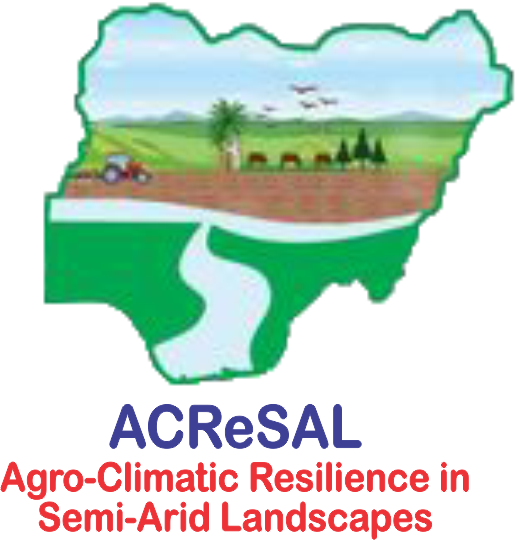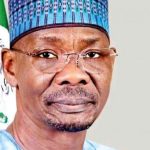The plans announced by the Federal Government to expand the World Bank-supported Agro-Climatic Resilience in Semi-Arid Landscapes (ACReSAL) Project aim to improve food security and climate resilience throughout Nigeria.
The Environment Minister, Malam Balarabe Abbas Lawal, announced this at the ACReSAL Project-Wide Retreat for Steering and Technical Committees in Lagos. Lawal stated that the project aims to tackle major environmental issues like desertification, land degradation, and climate-related agricultural challenges in the 19 northern states and the Federal Capital Territory (FCT). He highlighted that ACReSAL’s potential extends beyond what it has currently accomplished.
In our view, rainwater harvesting represents a major opportunity for ACReSAL to broaden its initiatives. According to the Minister, it will encourage year-round farming, lessen reliance on agriculture dependent on rainfall, and guarantee water access for forest restoration efforts.
He pointed out that by utilizing rainwater, communities can transform the flood threat into a valuable asset for agriculture and ecosystem sustainability.
He recognized the project’s achievements to date in rehabilitating degraded lands and enhancing food production systems in at-risk areas.
Also addressing the retreat, Senator Dr. Sabi Aliyu Abdullahi, who serves as Minister of State for Agriculture and Food Security, commended the initiative for its achievements in community empowerment and the promotion of climate-resilient agricultural methods.
He stated, “By working together, we have rejuvenated degraded land, bolstered food systems, and advanced sustainable farming practices throughout the 19 northern states and the FCT.”
Abdullahi emphasized how the ACReSAL initiative corresponds with the federal government’s Renewed Hope Agenda, which prioritizes food security and agricultural transformation as central to national development.
He stated, “In addressing land degradation and climate challenges, we are enhancing livelihoods and establishing the groundwork for a more resilient and food-secure Nigeria.”
Dr. Joy Iganya Agene, who serves as Task Team Leader for ACReSAL and Senior Environmental Specialist at the World Bank, also conveyed her satisfaction regarding the project’s execution and initial results.
Agene referenced significant accomplishments, such as the acceptance of regenerative farming methods in Adamawa State and successful flood management initiatives in Katsina and Kaduna. “These measures have enhanced land productivity and safeguarded lives in communities vulnerable to flooding,” she added.
“Today, we can say that the ship has sailed. “We have restored almost 200,000 hectares of degraded land in just two years, out of our target of 1 million hectares,” she said.





